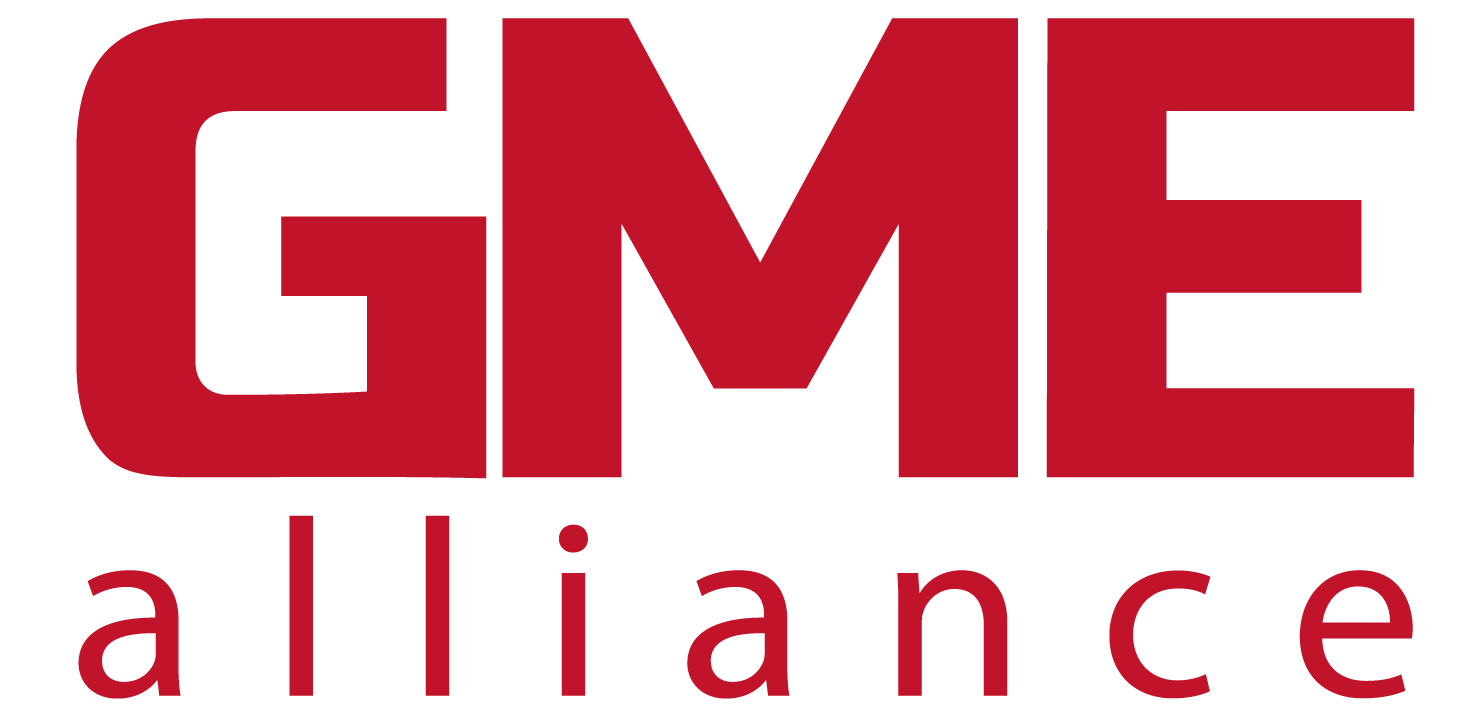The RV Industry: Driving Growth, Innovation, and Family Joy
Freedom, Family, and the Evolution of RV Travel
The recreational vehicle (RV) industry has long held a unique place in the American imagination. It represents more than a means of transportation: it embodies the freedom, exploration, and adventure of the open road. For many families, RVs are the vehicle not only for travel, but also for connecting, discovering, and sharing experiences that create lifelong memories.
Today, this legacy continues to evolve. The RV sector is entering a new era of opportunity, powered by a convergence of demographic shifts, lifestyle changes, and technological advancements. With global revenues projected to grow from $56 billion in 2024 to nearly $100 billion by 2033, and U.S. consumers leading the way, the RV industry is positioned as one of the most resilient and exciting growth markets of the next two decades.
What makes this market so compelling is its emotional durability. Even in the face of economic cycles, the desire for freedom, flexibility, and meaningful travel remains strong. More than 11 million U.S. households already own an RV, a figure that has grown steadily over the last 20 years. Additionally, nearly 17 million more households intend to purchase an RV within the next five years, a clear signal that demand is not only sustained but expanding.
A New Generation of RV Owners and Innovations
Importantly, the profile of the RV owner is changing. Once viewed primarily as the domain of retirees, the industry is now experiencing rapid adoption among younger buyers, millennials, and Gen Z consumers, many of whom are fueled by the rise of remote work, digital nomadism, and the pursuit of outdoor recreation. This shift is unlocking new markets and broadening the total addressable audience for RV products and services.
At the same time, innovation is transforming the RV experience. Consumers are no longer content with just wheels and a bed; they expect solar integration for off-grid capabilities, Tire Pressure Monitoring Systems (TPMS) for safety, and smart connectivity that allows remote control of lighting, HVAC, and security systems. These features are no longer optional: they are becoming essential differentiators in purchasing decisions.
Sustainability, Emotional Connection, and Investor Opportunity
The broader cultural movement toward sustainability also plays a key role. With growing awareness of climate impacts and a push for greener travel solutions, RV buyers are actively seeking vehicles equipped with solar panels, lithium battery banks, and high-efficiency power management systems. These technologies enable longer trips, more flexibility, and reduced dependence on fuel-powered generators, appealing not only to eco-conscious consumers but also to anyone seeking greater independence on the road.
In the midst of this growth, the emotional core of the RV industry remains unchanged: it is about freedom, family, and the journey itself. Whether it’s a cross-country adventure, a weekend escape to the mountains, or the pursuit of a mobile lifestyle, RVs make these dreams possible. They are a platform for moments of connection between people, places, and the natural world.
For investors, the RV sector offers more than promising returns: it offers a chance to participate in a story that resonates deeply with millions of families. It’s a market where economic opportunity and emotional significance meet, and where innovation continues to expand the horizon for what is possible.
